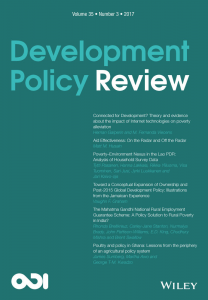Gendering the Prevention of Bullying
Did you know that October is National Bullying Prevention Awareness Month? As such, the month of October is full of bullying prevention and awareness events. The National Bullying Prevention Center advertises many of these events and hosts a great deal of information about bullying. But, a major piece of the bullying puzzle is missing, both from their website and much of the national (and international) discourse on bullying. That missing piece is gender.







